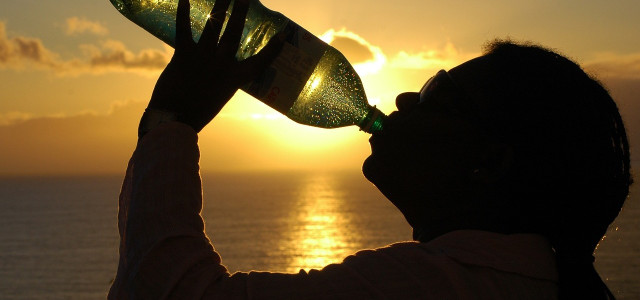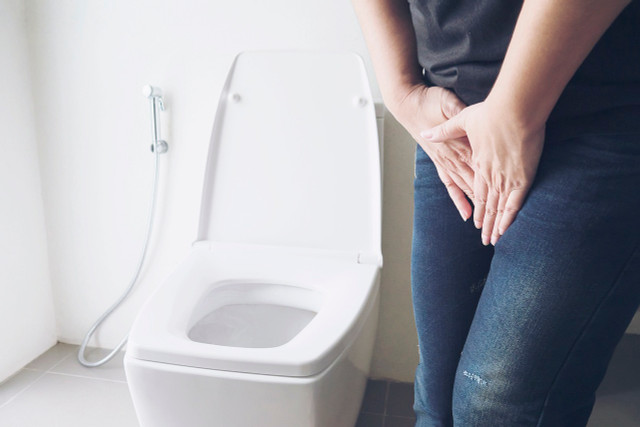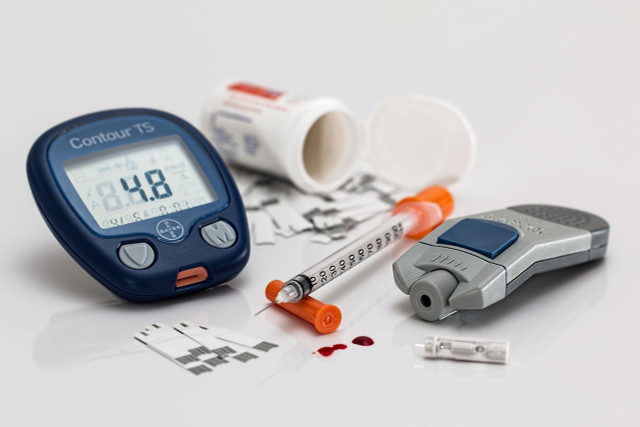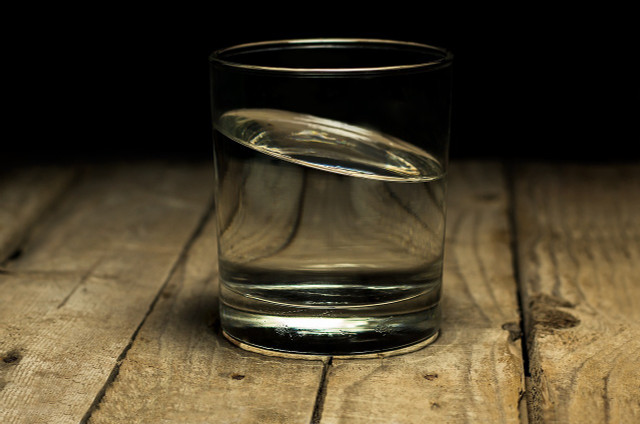
Strong thirst is the indicator that we should drink water. But if it becomes a constant companion, there may be more serious causes behind it.
When you are extremely thirsty, your body needs more fluids to balance the fluid-to-salt ratio. In certain cases, excessive thirst can be the sign of a rare disease.
Some fluctuations in thirst are normal and depend on your activity level, diet, fitness level and age. However, if the thirst increases over a longer period of time, you should seek medical advice.
Great thirst after eating

(Photo: CC0 / Pixabay / marckbass8)
Especially after large amounts of salt in the meal, your body demands more liquid – this makes you feel very thirsty. The German Society for Nutrition recommends that as adults:r eat no more than six grams of salt per day; this corresponds to about the amount of a teaspoon. Most salt is in processed foods such as bread, sausage, cheese and convenience products.
Too much salt can have health consequences for you. When cooking, try to use the freshest possible ingredients and use spices and herbs instead of salt. You can find more information and tips here: Too much salt: signs and how to avoid salty foods
Intense thirst: Diabetes insipidus

(Photo: CC0 / Pixabay / bzdenis)
The disease diabetes insidipus has nothing to do with diabetes, but is associated with the excretion of large amounts of urine. This causes you to lose a lot of fluids, which can trigger severe thirst. According to the Apotheken-Umschau, the disease can also be associated with wetting, sleep disorders, daytime tiredness and sleepiness. This can be caused by the following:
- a congenital malformation of the brain
- hereditary changes in the ADH gene: ADH is a hormone that controls body water levels.
- increased breakdown of ADH during pregnancy: the symptoms should have disappeared a few weeks after pregnancy.
If you see any signs of the disease, see a doctor, as the severe loss of fluids can also lead to fainting.
Type 1 and 2 diabetes as the cause

(Photo: CC0 / Pixabay / stevepb)
Severe thirst can also be triggered by type 1 or type 2 diabetes. According to the Apotheken-Umschau, you can recognize the diseases by the following additional symptoms:
- frequent urination
- dry skin
- severe fatigue
- weight loss
- worse wound healing
- increased susceptibility to infections
-
Bad breath: The breath then smells of acetone, which is reminiscent of the smell of overripe fruit.
The symptoms are more common in type 1 diabetes. Type 2 diabetes often goes undetected at first and symptoms only appear as the disease progresses.
Other causes of severe thirst

(Photo: CC0 / Pixabay / IamNotPerfect)
Other causes of severe thirst can be divided into two types. First, the disease-related causes:
- hormonal disorders
- brain disease or injury
- drug effects
- mental changes
- kidney diseases
The second type includes non-disease related causes:
- after-effects of alcohol poisoning
- sport and exertion
- heat
Note: If you feel thirsty that doesn’t feel normal and doesn’t go away for a long time, you should seek medical advice.
Both too little and too much water can be harmful to your body. In another article we explain how much water you should drink.
Read more on Techzle.com:
- Isotonic drinks: Effect and how useful they really are
- Tap water in Germany: can you drink it without hesitation?
- Drink tea – but properly